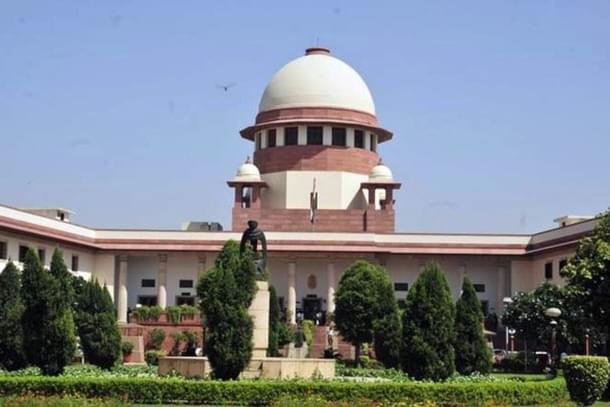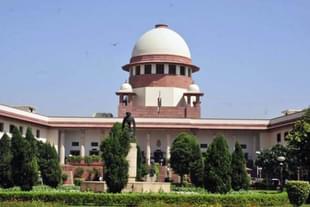News Brief
Supreme Court Upholds Conviction Of Five In RSS/VHP Workers' Murder Case Despite Kerala Police's 'Faulty Investigation'
Arjun Brij
Jan 07, 2025, 11:43 AM | Updated 11:43 AM IST
Save & read from anywhere!
Bookmark stories for easy access on any device or the Swarajya app.


The Supreme Court on Monday (6 January) dismissed an appeal challenging the 12 April 2011 Kerala High Court judgment that upheld the conviction of five individuals for the murder of two RSS/VHP workers.
The apex court ruled that faulty investigation alone cannot be grounds for acquittal if sufficient evidence exists to establish guilt.
A bench comprising Justices Sudhanshu Dhulia and Prasanna B Varale stated, “On appreciation of the evidence, we are unable to find any fault with the judgment and order dated 12.04.2011 passed by the High Court of Kerala at Ernakulam in Criminal Appeal… Accordingly, we arrive at the conclusion that the present appeal deserves to be dismissed.”
While acknowledging lapses in the investigation by Kerala Police, the court clarified that the accused cannot benefit from these deficiencies.
“A cumulative reading of the entire evidence on record suggests that the investigation has not taken place in a proper and disciplined manner. There are various areas where a proper investigation could have strengthened its case… the principle of law is crystal clear that on the account of defective investigation, the benefit will not inure to the accused persons on that ground alone,” the bench ruled.
The judgment emphasised that courts must evaluate other evidence presented by the prosecution, including eyewitness accounts and medical reports.
“It has been a consistent stand of this court that the accused cannot claim acquittal on the ground of faulty investigation done by the prosecuting agency. As the version of eyewitnesses in specifically naming the appellants have been consistent throughout the trial, we find that there is enough corroboration to drive home the guilt of the accused persons,” the court said.
The counsel for the accused argued that material contradictions in the testimonies of prosecution witnesses undermined their credibility.
However, the court found these inconsistencies minor and insufficient to render the testimonies untrustworthy. The deposition of prosecution witnesses 1, 2, and 4 was deemed “honest, truthful, and trustworthy.”
Arjun Brij is an Editorial Associate at Swarajya. He tweets at @arjun_brij





